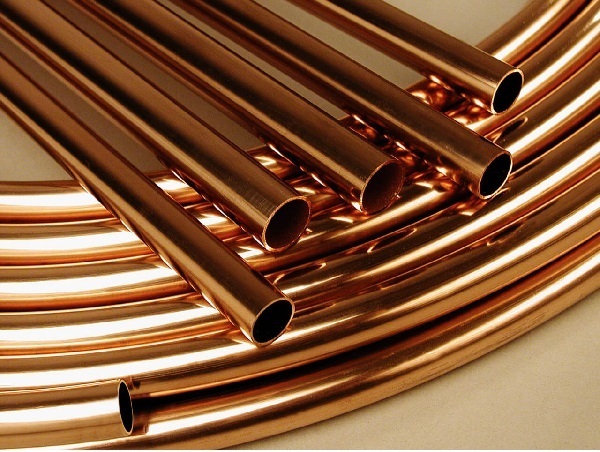
Rising electricity prices threaten the metallurgical industry
The non-ferrous metals industry in Europe has signaled that the energy crisis is threatening the future of this sector and many smelters will have to close permanently if urgent action is not taken. from the EU.
In a letter to EU leaders, Eurometaux, the Trade Authority for Nonferrous Metals, said industry problems, which led to unprecedented cuts to output over the past year, will deepen. if the EU continues to “ignore”.
An aluminum smelter in Slovakia and a zinc plant in the Netherlands have stopped production indefinitely, the trade body said, with the risk of permanent closure.
“We are deeply concerned that the coming winter could deal a decisive blow to many activities. We call on EU leaders and member states to take urgent action to sustain power-hungry industries and prevent worker job loss.” The industry body wrote in a letter signed by 40 executives.
Energy costs in Europe have risen much higher than in Asia and the US after Russia cut gas supplies to the continent. This is threatening to wipe out the region’s industry.
According to Eurometaux, Europe has cut its capacity to produce aluminum and zinc by about half, used in everything from cars, aircraft and packaging to galvanized steel.
Gas prices have risen about 12 times the average of the last decade after Russia cut supplies to Europe. That has caused electricity prices to rise by a similar amount. Electricity is used in large quantities by smelters and other heavy industries.
In a separate letter to European Commission president Ursula von der Leyen, 12 groups representing industries that use electric energy including cement, chemicals and steel asked the EU to take measures. limit natural gas prices, adjust the bloc’s state aid framework.
Industry bodies wrote: “For many energy-intensive industries in Europe, they are finding it difficult to stay afloat and uncertain about further investments and development. follow.”
Europe needs to act soon
Brussels is expected to propose targets for cutting electricity demand and levying taxes on energy companies. Proceeds could go to consumers and businesses, thereby amending state aid rules to allow the Government to assist companies in financial difficulty.
The plans will be discussed at an emergency meeting of EU energy ministers on Friday as member states push Brussels to take swift corrective actions.
On August 6, Aluminum Dunkerque, Europe’s largest metal smelter, said it would cut output by 22% due to rising electricity prices. Earlier, Outokumpu, the largest stainless steel producer in Europe, also announced that it would delay the restart of one of its furnaces following maintenance.
Also known as “solid electricity”, aluminum is also under particularly serious threat because aluminum smelters are extremely energy-intensive, cannot easily adjust production volumes, and are difficult to restart after a pause. .
According to Nick Keramidas, director of legal affairs at the Greek industrial group that produces aluminum, according to current market prices, the amount of money spent on electricity bills needed to produce one ton of aluminum would cost about 10,000 euros. , 4 times higher than before. “Any industry that uses electricity cannot survive at these prices. Right now, it’s hard to get electricity at an acceptable price.”
As a result of the current market situation, Eurometaux said that many smelters will close in early 2022 when the hedging for this year runs out unless the EU implements extensive and urgent interventions. into the electricity market.
Ami Shivkar, chief aluminum market analyst at consulting firm Wood Mackenzie, said an additional 600,000 tonnes of aluminum are at risk of temporary closure in Europe over the next few months. Restarting a smelter takes a huge amount of capital, and warns that a temporary shutdown could turn into a permanent one.
Source: CafeF
Source: Vietnam Insider
